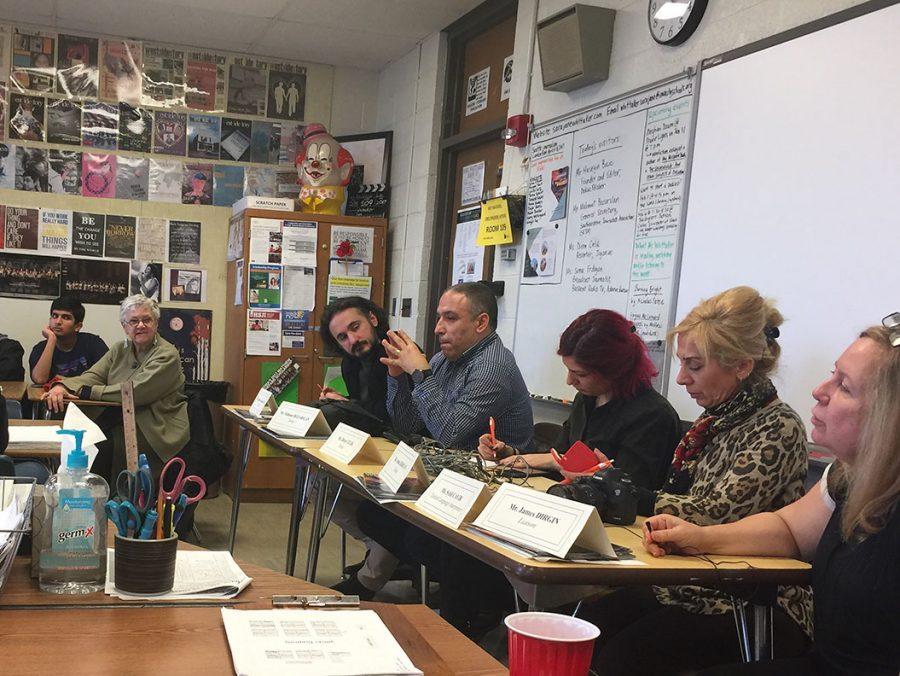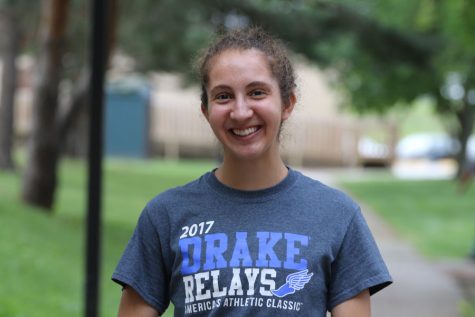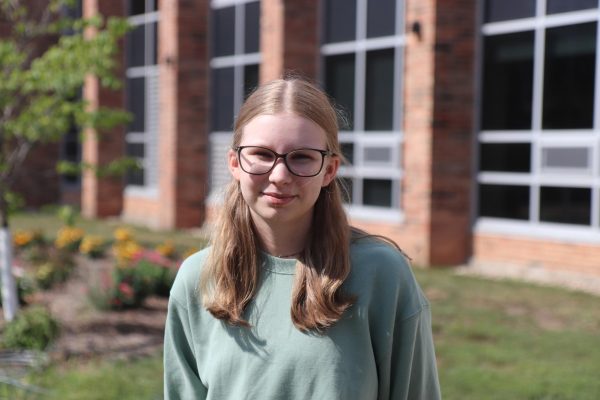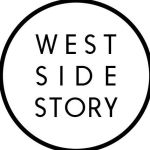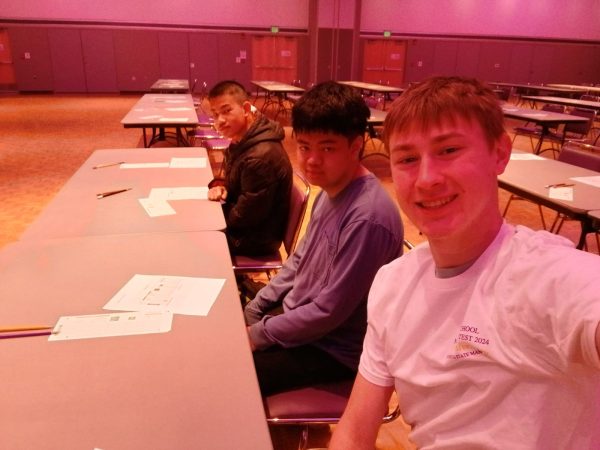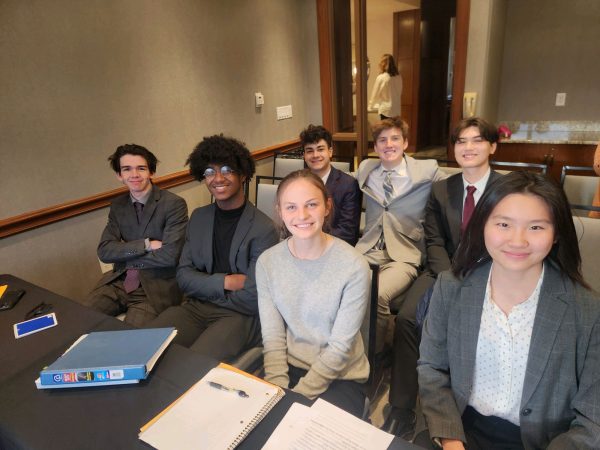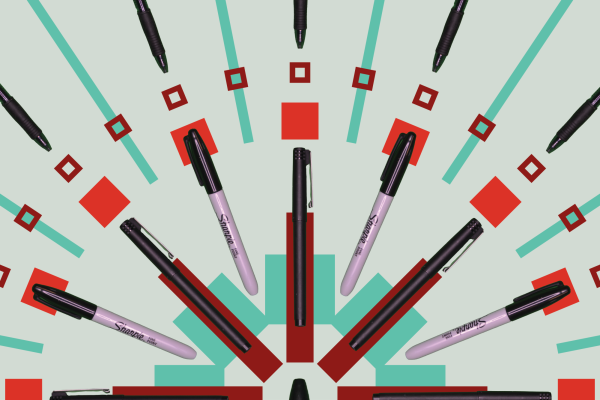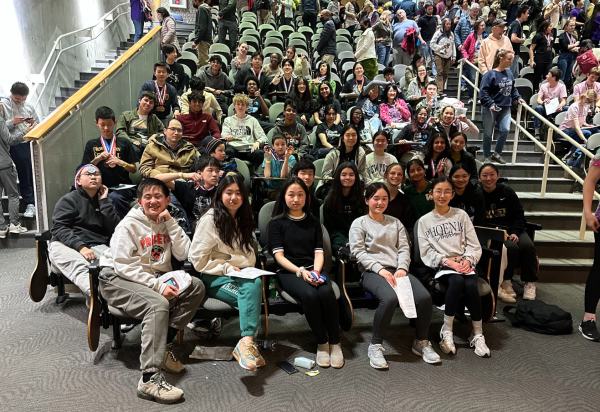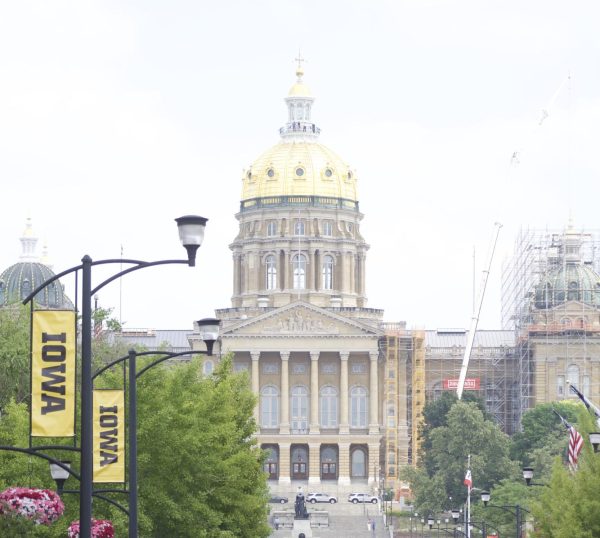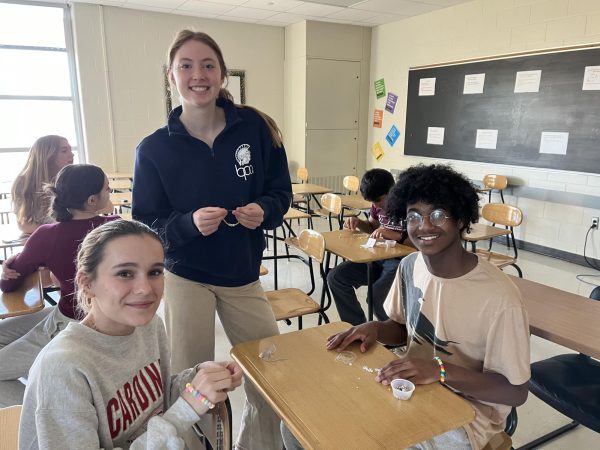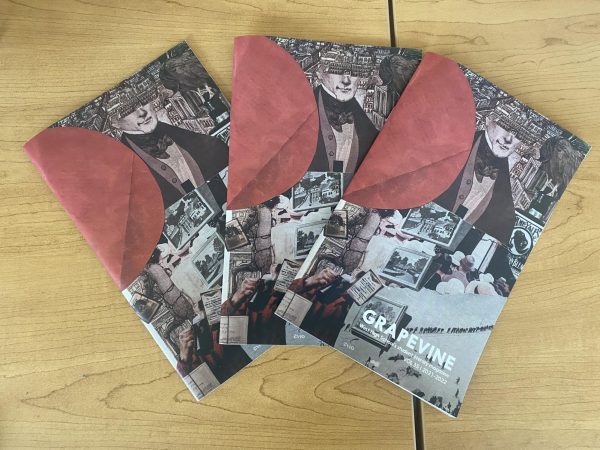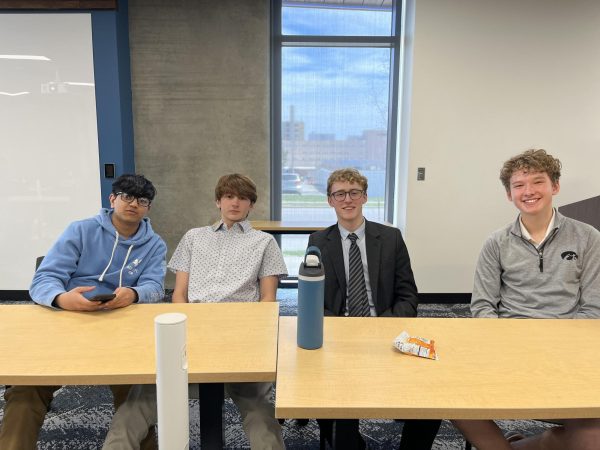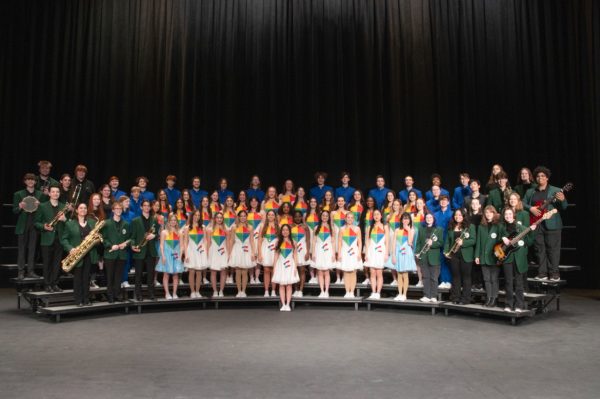Turkish journalists visit West, talk censorship
Four Turkish journalists visited the West Side Story staff on Jan. 31 to speak on their experiences in news in a highly censored country. Topics of discussion included war censorship, covering terrorism and whether the United States media organizations are on the path to become densely censored like in Turkey.
Gokhan Bicici, Mahmut Bozarslan, Diren Celik and Sema Erdogan speak on journalism in Turkey.
February 2, 2017
Just days after the controversy over fake news arose in the United States, Turkish journalists Gokhan Bicici, Mahmut Bozarslan, Diren Celik and Sema Erdogan visited West High, along with the Gazette and the Daily Iowan, to talk to student-journalists about censorship. The recent issues in the US involving the media and government fueled the students’ questions.
The visit comes six months after a military coup in Turkey, after which 178 media organizations were shut down by the government for their coverage of the event. Out of all the countries in the world, Turkey also has the highest number of journalists in jail.
Erdogan spoke briefly about her own experience in covering terrorism, describing an instance when she arrived at a bombing shortly after it occurred and was able to cover it for 10 to 15 minutes until the government issued a censor.
Bozarslan elaborated on this topic, emphasizing how news agencies in southeastern Turkey, an area very close to Syria, are reporting on ownerless donkeys strolling around a village instead of the wars raging on near the region.
When asked how Turkish journalists know what they are allowed to publish, Bicici said, “We write as much as we can. Even if you want to be a journalist, you a have to an activist in a country like [Turkey].” Bozarslan also added that “Everybody knows what they can do and what they can’t.”
Even if you want to be a journalist, you a have to an activist in a country like [Turkey].
— Gokhan Bicici
He appended that what the news reporters aren’t allowed to do is make the government look weak. For example, photos cannot be published regarding such heavily censored topics like those involving war and Islamic State in Iraq and Syria (ISIS); one reporter noted showing injured or dead Turkish soldiers was not permitted. Erdogan also added that after bombings or terrorist activity, the police come and detain witnesses’ phones, checking for photos of the event, and deleting them if found. The journalists also stated that they have begun to censor themselves, deciding what they think would be appropriate to report on so not to lose their jobs.
After hearing this, WSS staffers asked what kept them pursuing journalism. All of the visitors were quick to reply that their “love for journalism” has helped them persevere, with Celik further commenting that it is her “motivation to understand and explain [the truth]” that has encouraged her.
WSS staffer Nina Elkadi inquired on whether the US is headed in the same direction as Turkey, regarding when press secretary Spicer supplied ‘alternative facts’ at the first White House press conference of President Trump’s presidency. The journalists were doubtful, but didn’t dismiss it as a possible option. Bozarslan said that although the US seems to be on a similar path to that of Turkey, the US has several advantages, including a stronger democracy and more freedom of press. Celik also commented on the topic, saying that the “press [in the US] is more determined than the president.” Despite these responses from the visitors, Bicici said he would “caution against optimism that the institution won’t fail.”


